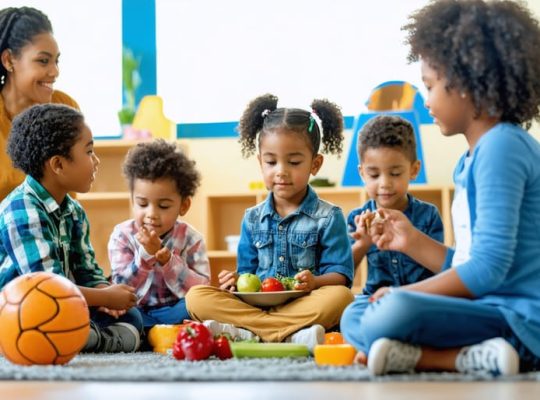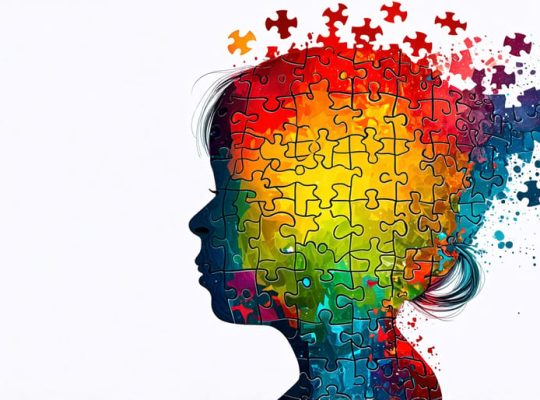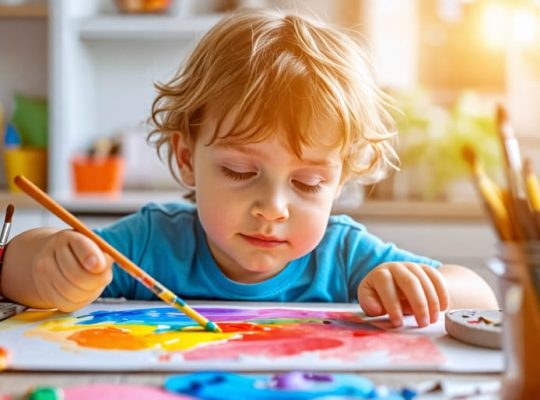Which Parenting Style Shapes the Happiest, Most Well-Adjusted Kids?
Discover the four foundational parenting styles – authoritarian, authoritative, permissive, and uninvolved – and uncover how each uniquely shapes your child’s psychological, behavioral, and academic growth. Authoritarian parents prioritize strict rules and unquestioning obedience, often leading to children who are obedient but may struggle with self-esteem and decision-making. In contrast, authoritative parenting balances clear expectations with warmth and responsiveness, fostering happy, capable, and successful children. Permissive parents set few limits, resulting in children who may be creative and confident but lack …










